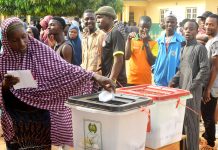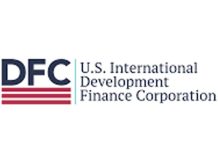The International Monetary Fund (IMF) has called on the Federal Government to prioritize efforts to reduce the soaring prices of essential commodities such as food, medications, and transportation by implementing social protection measures.
Julie Kozak, the Director of Communications at the IMF, conveyed this message during a press briefing, the transcript of which was published on the IMF’s website.
Kozak stressed the urgent need to alleviate the hardships faced by Nigerians, particularly in light of the fuel subsidy removal policy implemented by the current administration.
She underscored the importance of fully implementing social safety net programs to cushion the impact of reforms on costly fuel and electricity subsidies, emphasizing that addressing food insecurity should be an immediate priority.
Kozak stated, “We do recognize the difficult situation that many Nigerians face. Our advice is first and foremost to help ease this suffering related to higher food, drug, and transportation prices by strengthening social protection.”
She highlighted the recent approval of targeted social safety net programs, which will provide cash transfers to vulnerable households, as a significant step toward alleviating the suffering of the populace.
Kozak emphasized that these programs must be fully implemented before the government can consider addressing costly implicit fuel and electricity subsidies in a manner that safeguards low-income households.
The IMF also commended the recent actions of the Monetary Policy Committee, which tightened monetary policy further, viewing it as a positive step toward curbing inflation and relieving pressure on the naira.
She remarked, “And the decision last week by the Monetary Policy Committee to further tighten monetary policy should also help contain inflation and contain pressures on the naira.”
Last month, the Nigeria Labour Congress (NLC) and other labor unions staged a nationwide protest against the high cost of living, inflation, insecurity, and general hardship in the country.
Nigeria’s inflation rate climbed to 29.90 percent in January 2024, up from 28.92 percent recorded in the previous month, indicating heightened inflationary pressures.













